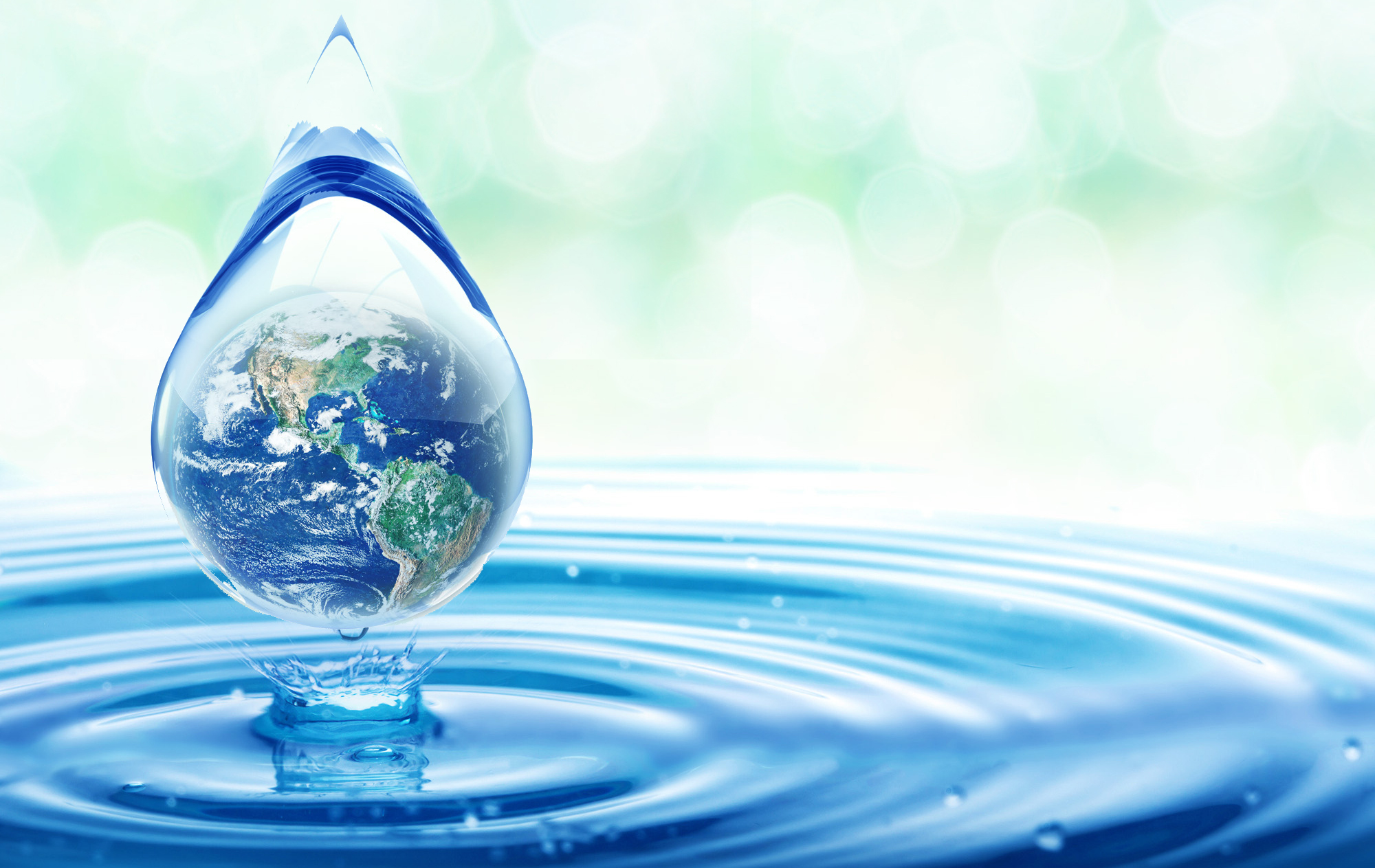
Water, the elixir of life, is a finite resource that is crucial for the survival of all living organisms on Earth. As our global population continues to grow, the demand for water is escalating, putting immense pressure on our freshwater sources. To ensure a sustainable future, it is imperative that we prioritize water conservation. In this blog, we will explore the significance of water conservation and discuss practical steps that individuals and communities can take to contribute to the preservation of this precious resource.
The Importance of Water Conservation:
Preserving Ecosystem: Water is not only vital for human survival but also plays a pivotal role in sustaining diverse ecosystems. Wetlands, rivers, and lakes provide habitats for countless species, and their well-being depends on the availability of clean water. By conserving water, we protect these ecosystems and maintain biodiversity.
Mitigating Drought & Scarcity:
Many regions around the world are facing water scarcity and drought conditions due to climate change and over-exploitation of water resources. Water conservation practices help mitigate these challenges by ensuring a more equitable distribution of available water and reducing the risk of shortages.
Energy Efficiency:
The energy required to treat, pump, and transport water is substantial. By conserving water, we indirectly reduce the energy consumption associated with these processes, contributing to overall energy efficiency and a smaller carbon footprint.
Practical Tips for Water Conservation:
- Fixing Leakages: A dripping faucet may seem insignificant, but over time, it can waste a significant amount of water. Regularly check for leaks in faucets, pipes, and irrigation systems, and promptly repair any issues.
- Water EfficientAppliances: Upgrade to water-efficient appliances, such as low-flow toilets and showerheads. These modern fixtures use less water without compromising performance, helping you conserve water without sacrificing comfort.
- Small Landscaping: Choose native, drought-resistant plants for your garden, and implement smart landscaping practices, such as mulching, to reduce evaporation and promote water retention in the soil.
- Rain Harvesting: Install rain barrels to collect and store rainwater for later use in gardening or other non-potable water needs. This not only conserves water but also reduces runoff and soil erosion.
- Mindful Water Usage:Adopt mindful habits, such as turning off the tap while brushing your teeth, using a broom instead of a hose to clean driveways, and running washing machines and dishwashers only when they are fully loaded.
Water conservation is not just a responsibility; it is a necessity for the survival of our planet and its inhabitants. By making small changes in our daily lives and adopting water-efficient practices, we can collectively make a significant impact on preserving this invaluable resource. Let us embrace a culture of water conservation to ensure that future generations inherit a world where clean water flows abundantly, sustaining life in all its forms.


Rakesh Mishra
February 10, 2024Thank for this nice article